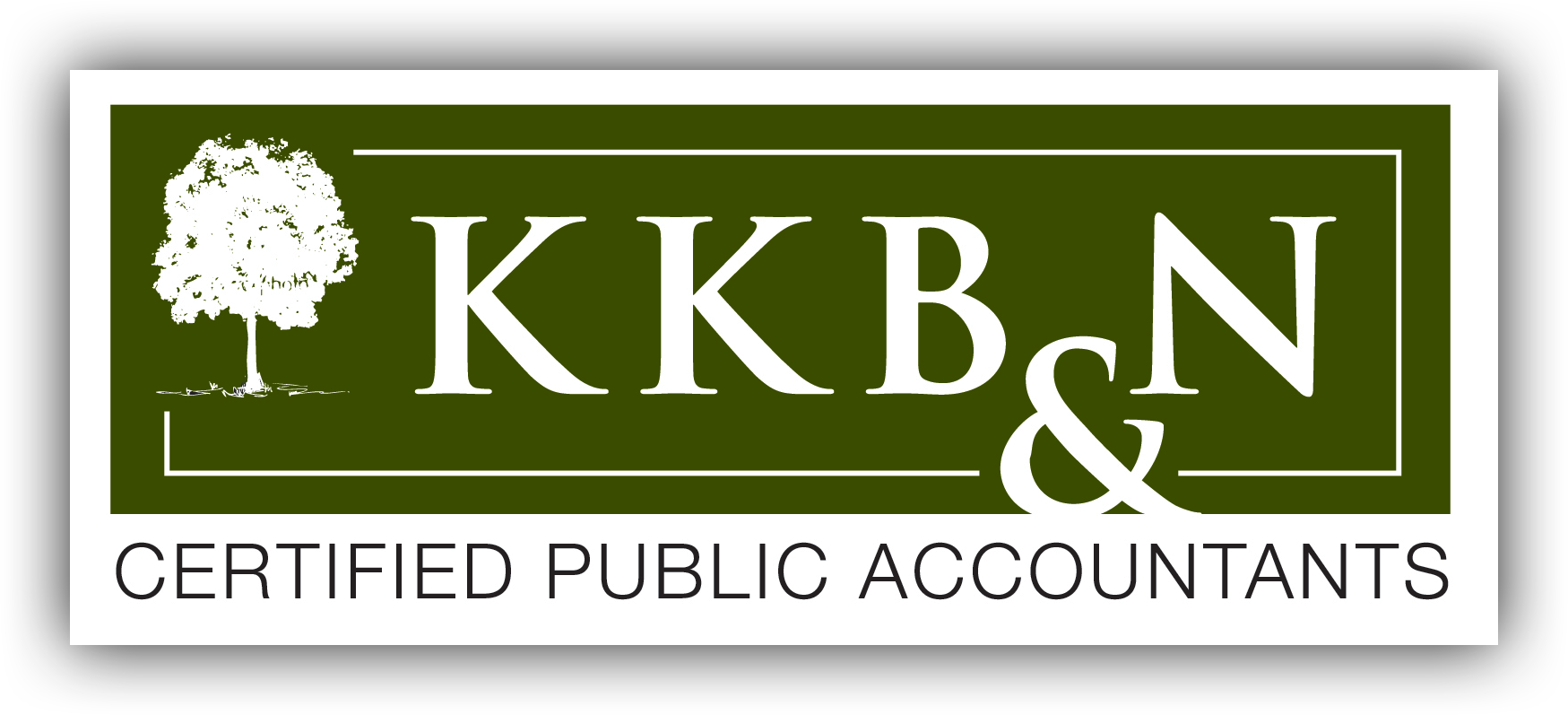Whether to Roll Over to a Roth IRA
It’s always a good idea to save for retirement, regardless of your taxpayer profile. How you save, however, is a bit more complicated. There’s no one-size-fits-all answer to the question: should you roll over to a Roth IRA? Whether or not you will benefit from such a conversion is dependent on a whole lot of factors.
You’ll most likely benefit from converting to a Roth IRA if:
- You won’t need to make withdrawals from the Roth IRA for 15-20 years
- Your tax rates when you withdraw are no less than they were when the conversion happened
- You can pay the tax due on the rollover with funds outside the IRA or qualified plan
A conversion may have a negative effect on your taxes if:
- You are receiving (or expect to receive) Social Security benefits, the taxability of which might change after a rollover (for better or worse)
- Your income raises above a certain threshold after the rollover, thus limiting your eligibility for certain benefits such as child credits or the deduction for interest expenses on a loan for higher education
- You are a higher-earning senior, for whom a Roth conversion may increase the monthly Medicare Part B and Part D premiums
That being said, every situation is different. Someone in the first set of bullet points may be better off refraining from a rollover, while members of the second list might actually benefit. To get a better understanding of where you stand, give us a call at (845) 342-5818.

